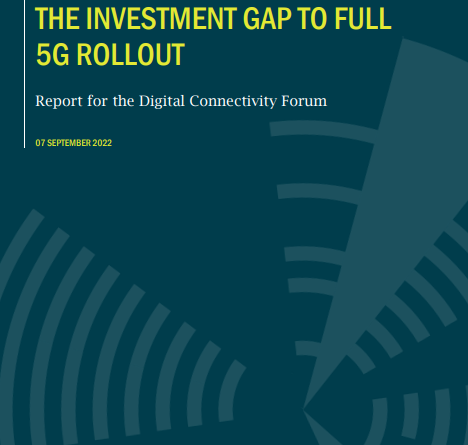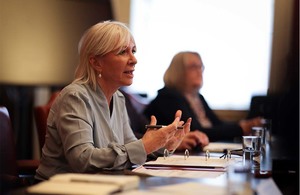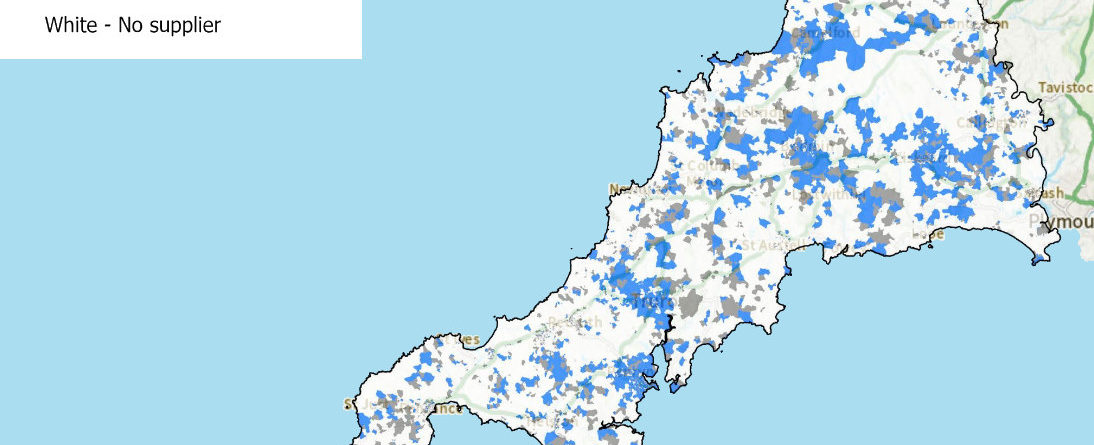DCF Report: The Investment Gap to Full 5G Rollout
The UK is at risk of failing to reap the full benefits of 5G according to a new report published today by the Digital Connectivity Forum, the leading advisory body to UK Government on connectivity.
The report, The Investment Gap to Full 5G Rollout, written in collaboration with Frontier Economics, examines the capacity of network operators to invest in new high-capacity, high-speed wireless 5G services.
It finds that the industry can invest approximately £9 billion in new network infrastructure by 2030. It also finds that even this substantial investment falls some way short of the cost of delivering full 5G – estimated by the report to be an additional approximately £23-25 billion.
The report finds that only this greater level of investment can deliver transformative new services dependent on 5G, such as autonomous vehicles, automated logistics and telemedicine.
The report also sets out a range of recommendations, from direct support to industry to regulatory and structural reform, which would assist in closing this predicted investment gap and ensuring that the full potential benefits of 5G are realised.
The full report can be read here.
Alex Mather, Head of the Digital Connectivity Forum said:
“If you are using a newer smartphone or tablet in many of the UK’s bigger towns and cities, there’s a high chance that you’re already making use of high-speed, high-capacity 5G. The sector is already re-investing these revenues in more locations and more capacity.
“But 5G isn’t just faster 4G – it has the ability to unlock innovative new uses and technologies, ranging from autonomous vehicles to advanced remote medical services. These technologies have the potential not only to increase the productivity of the nation and boost UK competitiveness, but also to improve the quality of services that the Government provides.
“Our research finds that there is a real risk of these revolutionary benefits not being realised. To make a reality of the Government’s levelling up agenda, to boost productivity, growth and competitiveness requires action. We therefore encourage the Government and industry to work together to ensure that intensive and timely investment is delivered.”















